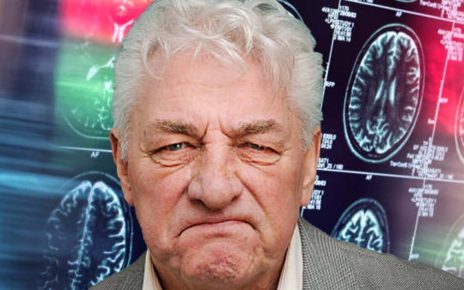
Severe instances of stress experienced early in life (ELS) are a risk factor for developing neuropsychiatric diseases, such as anxiety, later in life.
Research has focused on the molecular and circuit-based mechanisms underlying this phenomenon, but little is known about how even just witnessing another individual experiencing ELS, which can occur in homes with siblings or during friendships in youth, impacts individuals at a later timepoint.
Maternal separation (MS) during infancy is frequently used as a research model for ELS and its aftermath, but the effects of witnessing another experience MS are unexplored.
Jiang and colleagues used mice to investigate whether witnessing littermates experience MS alters synaptic strength and behavior at a later timepoint (adolescence). Their study is published in the Journal of Neuroscience.
The researchers found significant changes in synaptic strength on a neuron population in the anterior cingulate cortex, which encodes physical and social pain, as well as a transfer of anxiety-like behavior. These data suggest that emotional contagion can impact the brain in a long-lasting manner. The research has also identified circuitry that may be targeted as a novel treatment strategy for transmitted anxiety.
More information:
Jinxiang Jiang et al, Distinct ACC neural mechanisms underlie authentic and transmitted anxiety induced by maternal separation in mice, The Journal of Neuroscience (2023). DOI: 10.1523/JNEUROSCI.0558-23.2023
Journal information:
Journal of Neuroscience
Source: Read Full Article



